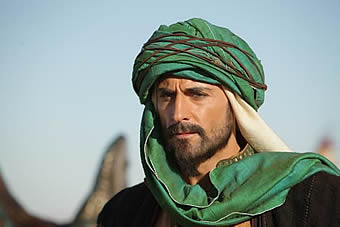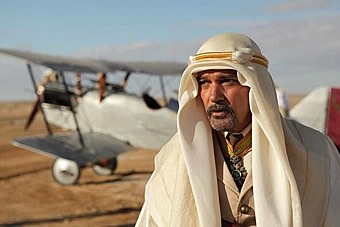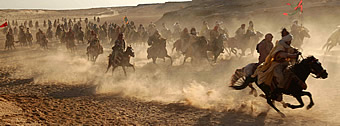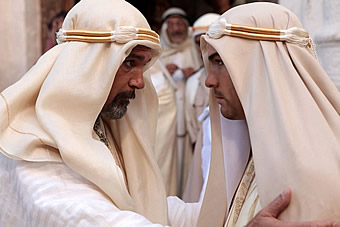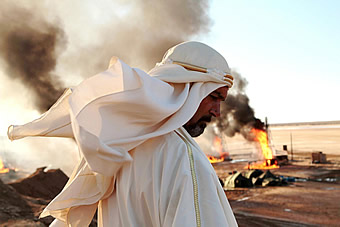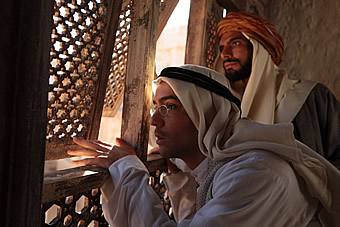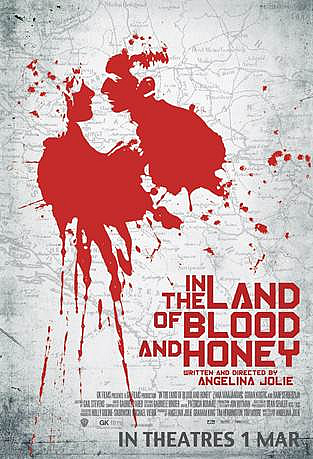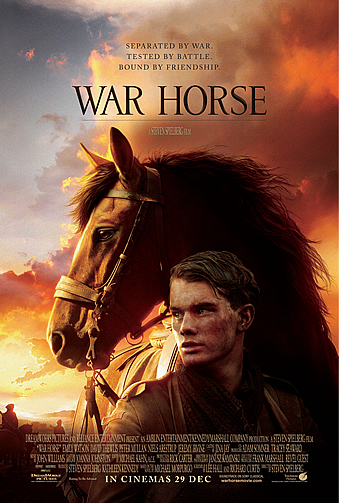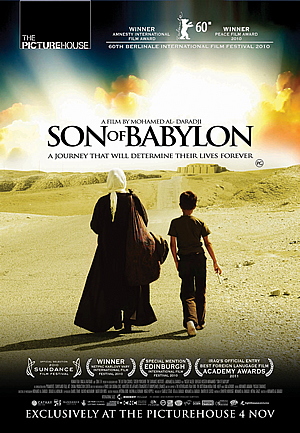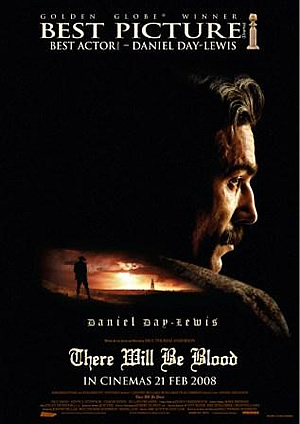BLACK GOLD (2012)
Genre: Drama
Director: Jean-Jacques Annaud
Cast: Mark Strong, Antonio Banderas, Freida Pinto, Tahar Rahim, Riz Ahmed, Corey Johnson, Liya Kebede
Runtime: 2 hrs 10 mins
Rating: NC-16 (Scene of Intimacy and Some Violence)
Released By: Shaw
Official Website: http://blackgold-themovie.com
Opening Day: 15 November 2012
Synopsis: Acclaimed filmmaker Jean-Jacques Annaud’s “Black Gold” promises to sweep audiences directly into the Arabian desert in a way not seen since the Golden Age of cinema. At the heart of its story is a young prince (TAHAR RAHIM) caught between two fathers, two loves, two choices and one destiny as oil is discovered in the Arabian Peninsula in the early 20th century. The unassuming librarian will, by the film’s end, grow to become a king, a unifier of tribes and the leader of his people. Along the way, audiences will be thrilled by stunning landscapes, spectacular battles involving hundreds of extras, horses, camels, planes and tanks as well as a timeless love story..
Movie Review:
Had ‘Black Gold’ been made about 50 years earlier, it would most certainly have been hailed as an epic – but as it is, audiences these days are looking for their dramas to be made up of more than just sweeping vistas and grand battle scenes in exotic locations, which is in fact the only selling points of this Jean-Jacques Annaud movie. Of course, it must be said too that the French director hails from a different era, he of similar epics like ‘Seven Years in Tibet’ and ‘Enemy at the Gates’ obviously belonging to an older breed of filmmakers who still subscribe to big scenic adventures.
No wonder then that Annaud was chosen for this first major international co-production by the Doha Film Institute, which had intended for the movie to kickstart big-budget filmmaking in Qatar. Certainly you can see why writer Hans Ruesch’s 1957 novel ‘South of the Heart’ was chosen as the source material – his fictional tale of an Arab world in the early 20th century divided by the arrival of Texan prospectors looking for oil has parallels in the conflicting ideologies in today’s Muslim world and could very well enlighten its prevailing ambivalence towards the West.
Pity then that what relevance this story might have is lost in Annaud’s staid storytelling – which fails to build up any sort of tension between the conflicting minds and egos of the progressive but unscrupulous Emir Nesib (Antonio Banderas) and the devout traditionalist Sultan Amar (Mark Strong) – as well as in the contrived dialogue he has co-scripted with Menno Meyjes. Yes, it’s hard to take anything seriously when all you’re thinking that what the characters say could only have come from the deluded mind of a Hollywood script doctor.
And what makes it worse is that it doesn’t seem as if that doctor had much of a story to tell in the first place – as befitting the dialogue, the characterisations and the narrative are too simplistic. From start to finish, both Amar and Nesib simply remain the anchors at two ends of a continuum, with nothing to suggest why the former is so traditional and the latter so modernist.
Slightly more interesting is Amar’s youngest son, a bookish Islamic scholar named Auda (Tahar Rahim) who becomes the focus of the movie in its second half – sent by Nesib to try to plead peace with Amar, he instead finds himself hand-twisted to lead one of Amar’s contingents in an impending war against Nesib. To make matters worse, he has also recently been married to Nesib’s daughter Leyla (Freida Pinto), so technically he belongs to both families. Nonetheless, his transformation is no more than standard Hollywood trite, as he realises that neither father’s belief is entirely right, and the best solution lies somewhere in the middle – i.e. to be a moderate.
To distract you from the clunky storytelling, Annaud enlists the help of his cinematographer Jean-Marie Dreujou to wow you with some stunning sun-drenched visuals of the shimmering desert – thanks in no small part as well to the on location shooting in Tunisia and Qatar. It’s easy to get swept up in the Orientalism, paired with Fabio Perrone’s colourfully lavish (though definitely not historically accurate) costumes and James Horner’s soaring score. Not forgetting of course the occasional grand battle sequence featuring scores of camels, old-fashioned tanks and many many more extras - coming after almost one half hours into the movie, their arrival is nonetheless too little and too late.
Given the limited scope of their roles, it’s no wonder that the international cast don’t quite know how to play their respective characters. Even character actor Mark Strong seems hemmed in by a script that gives his character little development – ditto for Antonio Banderas, whose hammy performance and Spanish accent is especially out of place in a movie that already pays little respect for authenticities. Rahim also proves a weak lead for the second half, never fully convincing as the naïve one learning the realities of his world the hard way.
So it is that even with a scale that recalls the handsome Hollywood epics of the 1950s, ‘Black Gold’ does itself no favours with a less than compelling storyline that thoroughly fails to exploit the relevance of the narrative for a similarly divided Muslim world today. If you haven’t yet caught ‘Lawrence of Arabia’, well then this just might be your introduction to that bygone era of filmmaking; but its effect is akin to being in the desert - once the shimmer wears off, you’ll find yourself left high and dry and thirsting for more.
Movie Rating:



(Beautiful visuals and the occasional grand battle sequence aside, this epic of warring Arabian tribes proves by its clunky storytelling that all that glitters isn’t always gold)
Review by Gabriel Chong
You might also like:
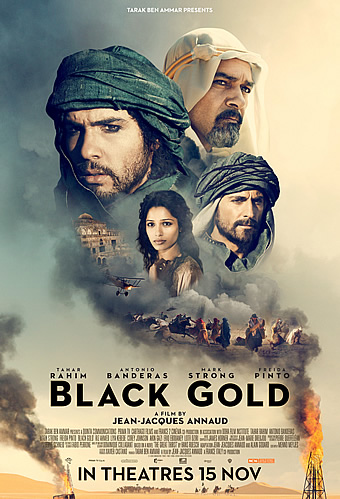
Movie Stills
